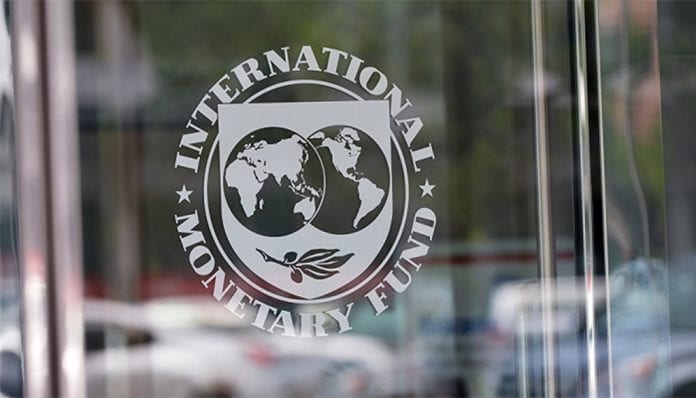The International Monetary Fund (IMF) has concluded a virtual mission with Haitian authorities under the Second Review of Haiti’s Staff-Monitored Program (SMP), marking another step in the country’s ongoing efforts to stabilize its fragile economy and advance governance reforms.
Led by IMF Mission Chief Camilo E. Tovar, the review took place from September 30 to October 8 and assessed Haiti’s progress under the SMP—an informal arrangement through which IMF staff monitor the implementation of a country’s economic program. The initiative is designed to help build a track record that could pave the way for future IMF financial assistance.
According to the IMF, program implementation in Haiti has been “encouraging,” with all quantitative and indicative targets met as of the end-June test date. The country has maintained zero monetary financing of its fiscal deficit, while international reserves have continued to accumulate, supported by strong remittance inflows.
Despite a deeply challenging environment marked by persistent insecurity, institutional fragility, and limited fiscal space, the IMF noted progress in Haiti’s reform agenda—particularly in public financial management, governance, and transparency.
“Economic conditions in Haiti remain fragile amid persistent domestic and external shocks and rising uncertainty,” Mr. Tovar said in a statement. “The economy has contracted for a seventh consecutive year, and inflation remains high at around 32 percent year-on-year.”
The IMF also highlighted that the banking sector continues to face vulnerabilities, with non-performing loans above 13 percent as of mid-2025. However, the system’s capital adequacy ratio remains strong at 22 percent—well above the 12 percent regulatory minimum.
Remittances, a lifeline for many Haitian households, have continued to grow, contributing to a projected current account surplus and helping to keep the nominal exchange rate stable. As of July 2025, Haiti’s gross international reserves stood at about US$3.1 billion, equivalent to seven months of projected imports.
Fiscal policy, meanwhile, remains constrained by ongoing violence and weak institutional capacity. Still, social spending rose by 34 percent, supported in part by the IMF’s 2023 Food Shock Window. Public debt is projected at just 12.4 percent of GDP—the lowest in the Latin America and Caribbean region.
The IMF warned, however, that risks remain tilted to the downside. Escalating gang violence, social unrest, or potential shifts in migration and trade policies could further undermine economic stability. On the upside, the Fund noted that the planned transition of the UN-backed Multinational Security Support Mission into a new Gang Suppression Force could help restore security and lay the groundwork for recovery.
Going forward, the IMF said Haiti’s SMP will continue to focus on strengthening governance and transparency, mobilizing domestic revenue, improving budget execution—especially for social and security spending—and bolstering the central bank’s policy credibility.
The mission also emphasized the need to advance anti-money laundering measures and improve the quality and timeliness of official data. IMF staff urged Haiti’s development partners to provide international financial support—preferably in the form of grants—to help meet the country’s pressing humanitarian and economic needs while preserving debt sustainability.
IMF staff met with Haiti’s Minister of Economy and Finance, Alfred Métellus, Central Bank Governor Ronald Gabriel, and other senior officials during the virtual mission. The Fund expressed appreciation for the Haitian authorities’ “strong cooperation and constructive dialogue” throughout the review process.

 4 months ago
21
4 months ago
21


 English (US) ·
English (US) ·